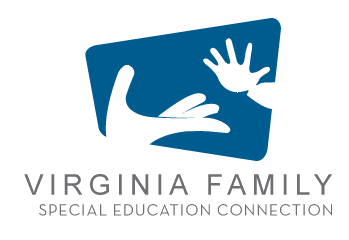Age of Majority Overview (PEATC) & Transfer of Rights for Students with Disabilities Upon Reaching the Age of Majority (Virginia Department of Education, VDOE)
Description:
Age of Majority Overview (PEATC) - It’s hard to think about your child becoming an adult. The age of majority in Virginia, when your child turns 18, means that the rights, and responsibilities of being an adult pass from the parent to the adult child. However, there are ways for parents of students with disabilities to stay involved and to help ensure that good decisions are made. First, we will talk about educational decision-making for those students with disabilities who may need support even after turning 18.
Transfer of Rights for Students with Disabilities Upon Reaching the Age of Majority (VDOE) - From a student’s first day of school until the completion of his or her education, a significant number of educational decisions will have been made for or by that student. Until a student reaches the age of 18 (also called the “age of majority” in Virginia), most of those decisions are made by parents, family members, and/or guardians in consultation with teachers or education officials.
The right of a person meeting the definition of parent under the Virginia Regulations, to make educational decisions for a child, is a very important part of the educational process. Therefore, Virginia law protects the rights of parents to make decisions in the best interests of their children, including educational decisions. However, when a student reaches the age of 18, that adult student is presumed under Virginia law to be capable of making his or her own decisions – including educational decisions. Initially, the student and parent(s) are notified, at least one year prior to the student’s eighteenth birthday that the transfer of rights will occur at age 18. (see Appendix A for sample notification form). That does not mean that parents cannot continue to be involved in their children’s education. It just means that, by law, schools respect the educational decisions of every adult student, unless that person has been determined to be incapable of making decisions.





